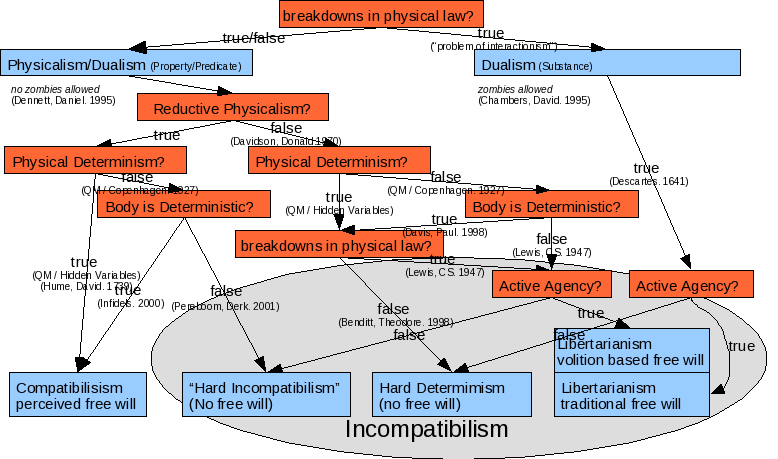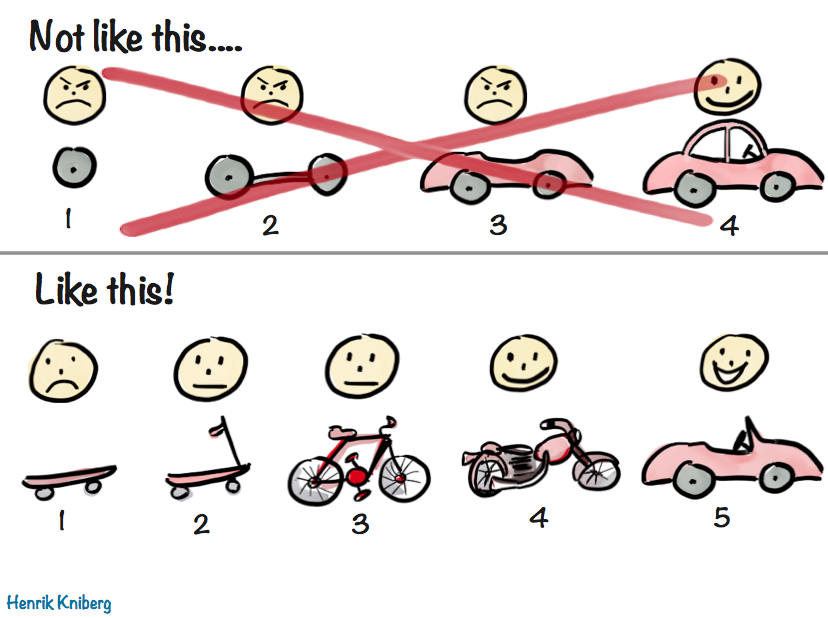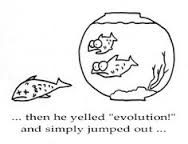Another essay from my collection. Of note, this one was inspired by another poster on one of the sites I used to visit, however I don’t recall the poster’s name or what site this originally came up on. I’d like to give that poster credit for the original concept, so if the subject here rings a bell and you know who posted the idea previously, let me know. The essay is a more fleshed out and greatly elaborated take on the concept. _________________________________
I was brought up as an Episcopalian and went to church nearly every Sunday between the ages of about five through about fifteen. I recall many sermon topics and biblical teachings, but the topic that seemed to come up more frequently than others is the concept of a personal God. Certain priests and laypeople really gravitated to the idea that God was available on a personal level and claimed outright (and reiterated many times) that God wanted to have a personal relationship with everyone. This, of course, was coupled with the idea that God was also an all loving God. So, not only did this God want to hang out as buds, but in theory wanted the best for those folk it hung out with. Kind of like an invisible friend, but with the added bonus of being…well…Almighty. I confess, I really loved the idea of having God as a personal friend who was…well, in theory…really much cooler than any of my human friends. As you might imagine, I started to become a little annoyed and rather disillusioned when said supposed cool friend never actually did anything…well…cool. In fact, after a number of years it became quite clear (and rather disappointing) that this God didn’t do anything personal, at least not with me.




